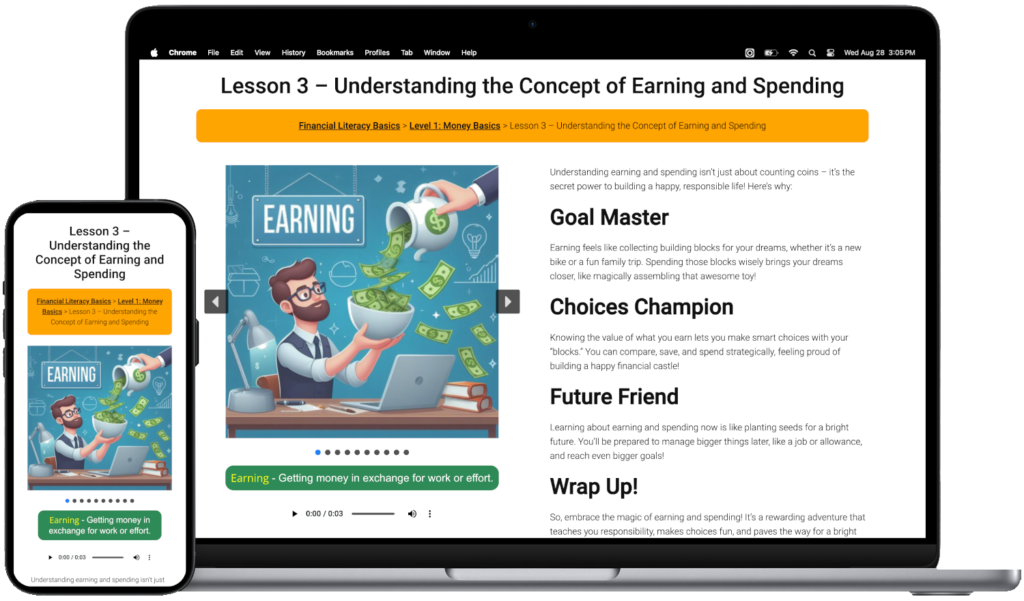
Budgeting, often perceived as a daunting task, is a cornerstone of financial stability. It’s a proactive approach to managing your money, helping you achieve your financial goals, and reduce stress. The key to successful budgeting lies in finding a strategy that aligns with your unique lifestyle, income, and aspirations.
The Importance of Budgeting
A well-crafted budget serves as a roadmap for your financial journey. It empowers you to:
- Track and control spending: By pinpointing where your money goes, you can identify areas for savings and make informed decisions about your spending habits. This can lead to significant financial gains over time.
- Set and achieve goals: Whether you’re saving for a down payment on a home, funding your child’s education, or planning for retirement, a budget provides a clear path to achieving your financial objectives. It helps you break down large goals into smaller, manageable steps, making them seem less overwhelming.
- Reduce financial stress: Knowing that you have a plan for your finances can alleviate anxiety and provide a sense of control. This can improve your overall well-being and reduce stress levels.
- Build financial resilience: By consistently following a budget, you’re building a strong financial foundation. This can help you weather unexpected financial challenges and achieve long-term financial stability.

Budgeting Methods
There are various budgeting methods available, each with its own strengths and weaknesses. The best approach for you depends on your personal preferences and financial situation. Some popular options include:
- Envelope Budgeting: A classic method that involves dividing your income into categories and placing cash in envelopes for each. This tangible approach can help you visualize your spending and avoid overspending.
- 50/30/20 Rule: This rule suggests allocating 50% of your income to essential expenses (e.g., rent, utilities, groceries), 30% to discretionary spending (e.g., dining out, entertainment), and 20% to savings and debt repayment. It provides a simple framework for budgeting and can be easily adjusted to fit your needs.
- Zero-Based Budgeting: This method requires you to assign every dollar of your income to a specific expense, ensuring that you’re not overspending. While it can be more time-consuming, zero-based budgeting can provide a high degree of control over your finances.
- App-Based Budgeting: Numerous budgeting apps offer features like expense tracking, goal setting, and financial analysis. These apps can streamline the budgeting process and provide valuable insights into your spending habits.

Tailoring Budgeting Strategies for Different Lifestyles
The specific budgeting strategies you employ will vary depending on your life stage and circumstances. Here are some tips tailored to different situations:
Students:
- Track expenses: Use a budgeting app or spreadsheet to monitor your spending and identify areas for savings. This can help you become more aware of your spending habits and make informed decisions about how to allocate your money.
- Take advantage of student discounts: Many retailers offer discounts to students, so be sure to ask about them. This can help you save money on textbooks, groceries, and other expenses.
- Consider part-time work: A part-time job can supplement your income and reduce your reliance on student loans. It can also provide valuable work experience and develop your skills.
- Explore student loan repayment options: Learn about different repayment plans and forgiveness programs that may be available to you. Understanding your options can help you manage your student loan debt more effectively.
Young Professionals:
- Set financial goals: Determine your short-term and long-term financial objectives. This will help you stay focused and motivated as you work towards your goals.
- Contribute to retirement savings: Start saving for retirement as early as possible, even if it’s a small amount. The power of compound interest can make a significant difference in your retirement savings.
- Build an emergency fund: Aim to save at least three to six months’ worth of living expenses to cover unexpected costs. An emergency fund can provide a financial safety net and help you avoid going into debt in case of unforeseen expenses.
- Consider professional financial advice: If you’re unsure about how to invest or manage your finances, consider consulting with a financial advisor. A financial advisor can provide personalized guidance and help you make informed decisions.

Families:
- Involve your family: Discuss financial goals and create a budget together. This can foster a sense of shared responsibility and help everyone understand the importance of budgeting.
- Consider childcare costs: If you have children, factor in childcare expenses into your budget. Childcare can be a significant expense, so it’s important to plan for it accordingly.
- Explore ways to save money: Look for discounts, coupons, and ways to reduce grocery expenses. There are many opportunities to save money on everyday expenses.
- Create a family savings account: Set aside money for specific goals, such as your children’s education or a family vacation. Having a dedicated savings account can help you stay motivated and achieve your financial objectives.
Retirees:
- Create a retirement budget: Determine your monthly income and expenses to ensure a comfortable retirement. A retirement budget can help you plan for your expenses and avoid running out of money.
- Consider part-time work: If you need additional income, explore part-time job opportunities that align with your interests and skills. Part-time work can provide a sense of purpose and supplement your retirement income.
- Review your insurance coverage: Ensure that your insurance policies are adequate to meet your needs in retirement. As you age, your insurance needs may change, so it’s important to review your coverage regularly.
- Plan for long-term care: Consider the potential costs of long-term care and explore insurance options to help cover these expenses. Long-term care can be expensive, so it’s important to plan for it in advance.
Single Parents:
- Prioritize your needs: Make sure you’re taking care of yourself both physically and emotionally. It’s essential to take care of yourself so that you can be the best possible parent to your children.
- Explore government assistance programs: Research available government programs that can help with childcare or other expenses. There are many government programs that can provide financial assistance to single parents.
- Build a support network: Connect with other single parents for support, advice, and shared experiences. Having a support network can help you cope with the challenges of single parenthood and feel less alone.
- Consider child support: If you’re entitled to child support, make sure you’re receiving it and that it’s being paid on time. Child support can be a significant source of income for single parents.

Tips for Successful Budgeting
- Be realistic: Set achievable goals and adjust your budget as needed. It’s important to be realistic about your financial situation and set goals that are achievable within your means.
- Review your budget regularly: Review your budget monthly or weekly to track your progress and make adjustments. Regular reviews can help you stay on top of your finances and make necessary changes to your budget.
- Be flexible: Life happens. Be prepared to adjust your budget to accommodate unexpected expenses or changes in income. It’s important to be flexible and adaptable when it comes to budgeting.
- Don’t be afraid to ask for help: If you’re struggling with budgeting, seek advice from a financial advisor or a trusted friend or family member. There’s no shame in asking for help, and a financial advisor can provide valuable guidance and support.
Conclusion
Budgeting is a powerful tool for managing your finances and achieving your financial goals. By finding a budgeting method that works for you and your lifestyle, you can take control of your money and build a brighter financial future. Remember, it’s never too late to start budgeting.
Want to take your learning to the next level?
Check out the MyFiLi Online Financial Literacy Course.

With games, quizzes and lessons you will improve confidence with money.
Great for grades 3 and up!
Take advantage of our FREE Trial for Students or Schools / Non Profits.